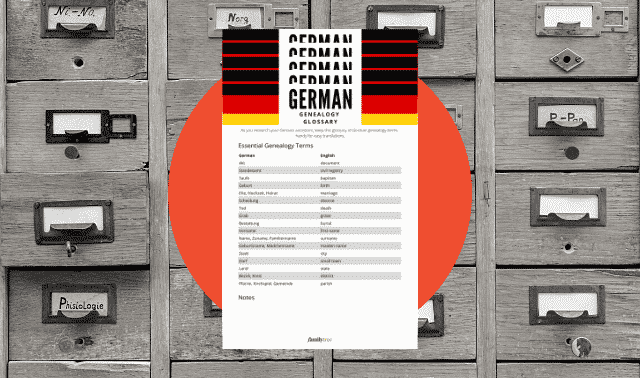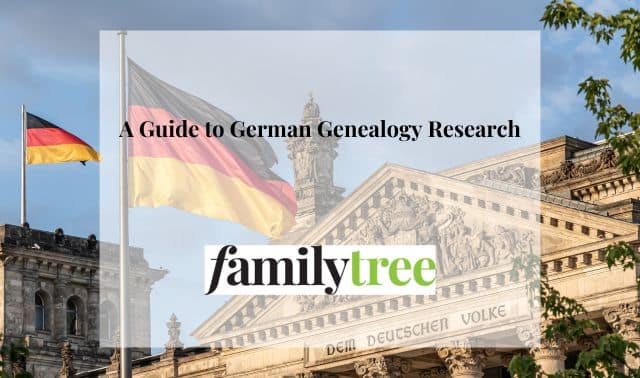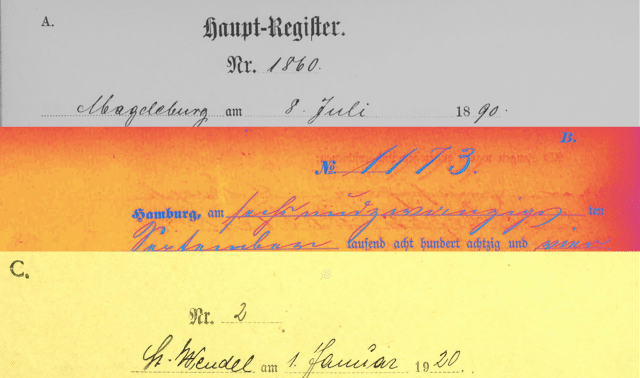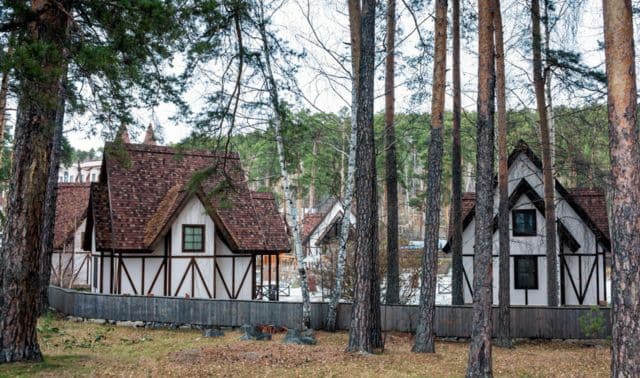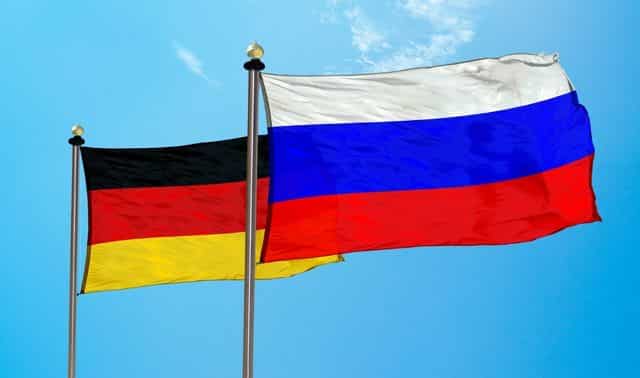Sign up for the Family Tree Newsletter! Plus, you’ll receive our 10 Essential Genealogy Research Forms PDF as a special thank you.
Get Your Free Genealogy Forms
"*" indicates required fields
German-American Heritage Month is celebrated annually in October in the United States, and October 6 is celebrated as German-American Day. These observances overlap with the global celebration of Oktoberfest, which traditionally begins in late September.
As such, October is a great time to dive deeper into your German roots, as well as learn about the many contributions of German-Americans throughout US history.
History of German-American Day
So what does October 6 actually commemorate? It’s the date which in 1683 thirteen German families from Krefeld, near the Rhine, landed in Philadelphia. These families went on to found Germantown, Pennsylvania, the first German settlement in the original thirteen American colonies. Originally known as “German Day”, the holiday was celebrated for the first time in 1883, on the 200th anniversary of the arrival of the settlers from Krefeld. The custom died out during World War I as a result of the anti-German sentiment that prevailed at the time, but the holiday was revived in 1983, when President Ronald Reagan proclaimed October 6 as German-American Day to celebrate and honor the 300th anniversary of German American immigration and culture to the United States.
ADVERTISEMENT
German-Americans Throughout History
It’s estimated that around 40 million Americans have German ancestry, or around 12% of the US population. With such a significant portion of our society being of German decent, with immigrants recorded as far back as the Jamestown settlement, it’s not surprising that German-Americans have made a great deal of significant contributions to society, both in the US and globally:
- Experts in traveling on wheels, Pennsylvania-Germans contributed both the Conestoga wagons that carried pioneers westward, and the Studebaker – the popular car produced by Clement Studebaker.
- The famous Brooklyn Bridge, connecting Manhattan and Brooklyn, was built by German immigrant and engineer John Roebling.
- Famous business entrepenuaers such as Boeing, Chrysler, Firestone, Heinz, Rockefeller, and Strauss are all of German-American heritage.
- America also can thank German influence for Christmas trees, Broadway musicals, kindergartens, graduate schools, the social security system, and labor unions.
Explore online resources from the German-American Heritage Museum, the Library of Congress and more.
Explore Your German Ancestry
ADVERTISEMENT




